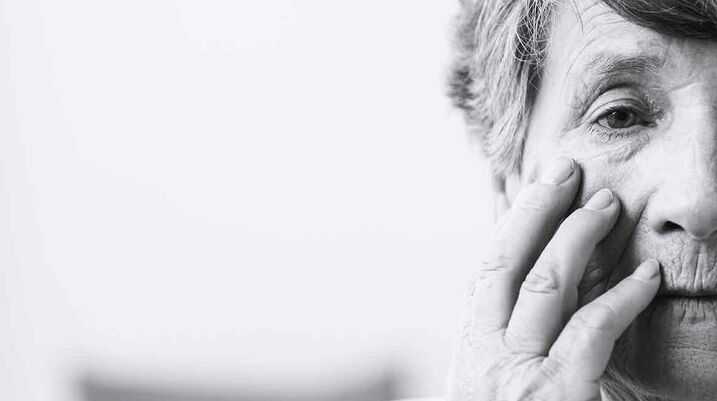As older adults become physically and mentally frail, they require a network of family members, healthcare professionals, and other members of the community to provide care and advocate for their needs. There is perhaps no place that understands this quite as much as Florida, where seniors make up nearly 23 percent of the population – and where elder abuse cases are on the rise, like the recent case of Lillian Moses in Orange County. While verified cases of elder abuse and neglect rose all over in Florida from 1,448 in 2011 to 2,525 in 2015, Orange County had the largest number of defendants charged and sentenced for elder abuse in Central Florida. Read on to learn more about why elder abuse is on the rise and what families can do to help prevent it.
Why Is Elder Abuse on the Rise?
Part of the rise in elder abuse cases in Orlando is simply because Florida’s elderly population is growing, as the United States as a whole hosts a rapidly aging population. Corporatized facilities and lower-quality nursing homes are also partly to blame in the growing number of elder abuse cases. However, another aspect of the rise of elder abuse cases is society’s growing understanding of elder abuse as a complex issue with different manifestations and warning signs. With greater awareness comes more organizations and agencies involved in educating the community and intervening in cases of abuse, such as the National Center on Elder Abuse and the Florida Department of Elder Affairs. This had led to family members, good Samaritans, and often the older adults themselves, feeling more confident in identifying and reporting the abuse.
A particularly nefarious aspect of elder abuse is the fact that it is overwhelming perpetrated by family members, such as a child, grandchild, or spouse, which causes the senior to feel guilt and fear over speaking up and reporting the abuse. Many elders fear retaliation or isolation, such as being left alone in a sub-standard nursing home, and will stay in an abusive situation. In the instance of Moses, she recanted her statement against her grandson who allegedly abused her, because she simply wanted to leave her nursing home and return home.
Types of Elder Abuse
Elder abuse often goes beyond physical abuse or neglect of the older adult. One growing facet of elder abuse is financial exploitation, when a caregiver misuses the senior’s bank accounts, forges their signature, or takes advantage of dementia and confusion to extort financial “gifts.” This theft of an elder’s money can leave them at risk of not being able to pay for their healthcare, bills, and other fixed living costs.
Another modern instance of elder abuse is humiliation or loss of dignity through social media, often involving embarrassing photos or videos posted online without the elder’s knowledge or consent. A certified nursing assistant in neighboring Volusia County recently lost his license after taking nude photos of two residents under his care and posting them on social media.
Signs of Elder Abuse and How You Can Help
Be an advocate for a vulnerable population that is facing a crisis of invisibility in America. As many elderly adults suffer from dementia, they need a caring member of the community to be their voice and articulate their needs. The best way to help the growing problem of elder abuse is to be aware of warning signs of a potential abuse problem and contact a local organization or law enforcement agency if an elder you know needs help. Some indicators of physical elder abuse and neglect include bruises, broken bones, burns, bedsores, poor hygiene, and unusual weight loss. Changes in alertness, depression, guilt, and strained relationships with caregivers can be potential indicators of emotional abuse and neglect. Be aware of behavior such as threats, belittling, and other assertions of power directed at seniors by caregivers and family members. Sudden changes in finances, such as excessive withdrawals and unpaid bills, are often a sign of financial exploitation. If you suspect a loved one is a victim of elder abuse, it’s important to speak up and seek help. Read our nursing home abuse page for more information on what to do next. We're here to help.
